INTERVIEWS
Émilie Adam-Vézina and Mélanie Bouteille
Interviewer: Vanessa Sicotte
Language of interview: French
Country of practice: France
Profession: RESCALED project coordinators
Émilie Adam-Vézina and Mélanie Bouteille work for the French project RESCALED, “a movement for small scale detention,” which focuses on rethinking detention spaces and social integration. RESCALED designs houses of detention under three pillars of work: (1) the creation of small-scale spaces inhabited by less than 30 people, (2) specialised spaces adapted to a home environment with different security levels and activities in relation to the exterior, and (3) a local anchoring, by locating the houses in urban centres to avoid the social segregation of the spaces.
During our conversation, they describe the first phase of the project (expected to be built by 2022): a house, with a versatile and flexible community space, integrated into a city neighbourhood. The space is composed of multiple pavilions connected by a central room, a configuration that allows visual privacy with the surrounding environment, and individual bedroom spaces for the residents. Adam-Vézina and Bouteille explain the spatial conditions, uses, and programs that are expected to occur in this house. They describe it as an ideal place for restorative justice practices that provides an opportunity to hold meetings between survivors and offenders, without affecting the private/domestic spaces of the residents.
In addition, they expose some difficulties the project has faced such as the desire of the neighbours to create physical barriers that segregate the place from its surroundings, and an inclination to impose low-quality spaces on those who have committed a criminal offence. However, Adam-Vézina and Bouteille explain that the space should be dignified for both offenders and survivors, and should provide spatial quality, a home environment, connection with nature, comfort, and sustainability. To conclude, they highlight the importance of sensorial experiences and how the space responds to them.
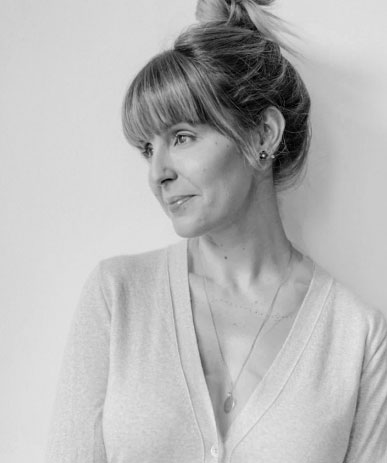
is an author, speaker, columnist, and podcaster in the fields of architecture and decorative arts. She is completing her MA in Art History at Concordia University, Montréal, and holds a Bachelor of Commerce with a major in Marketing from John Molson School of Business. She studied Industrial Psychology in Los Angeles, California. Sicotte is the author of two published books on design (2015, 2018) published by Les Éditions Cardinal.

is a Colombian PhD candidate in the Department of Art History at Concordia University. She has a background in architectural design and community activism and holds a master’s degree in Building and Urban Design from the Bartlett School of Architecture in London, England. Her interests focus on socially-engaged art, social movements, collaborative activism in post-conflict scenarios, collectively-produced art, and art produced in relation to the built environment.
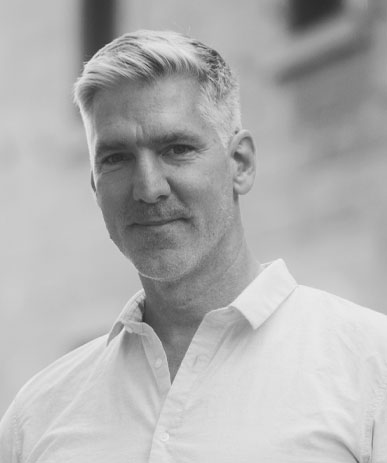
is a PhD candidate in Humanities at Concordia University. His research focuses on spatial agency, social aesthetics, youth narratives, and graphic representations of urban memory. He has published on the relationship between children, play, and public space in Cartagena, Colombia. He has also worked as an editor on literary projects, including Territorio Fértil, which received the María Nelly Murillo Hinestroza award for Afro-Colombian literature.
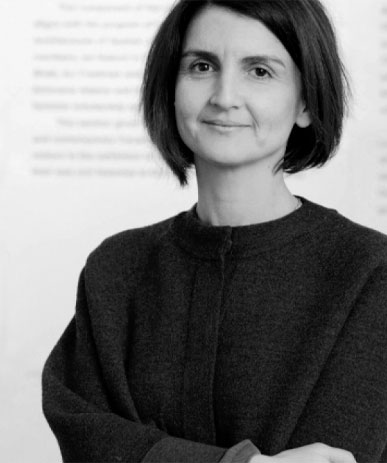
is Associate Professor and Canada Research Chair in Architectures of Spatial Justice (Tier 2) at the Peter Guo-hua Fu School of Architecture at McGill University, Montréal, Québec, Canada. Her research interests include low-income housing and participatory design, civil protest and urban design, and campus landscapes and race. Her publications include the co-edited book, Orienting Istanbul (2010) and solo-authored book, Istanbul Open City (2018).
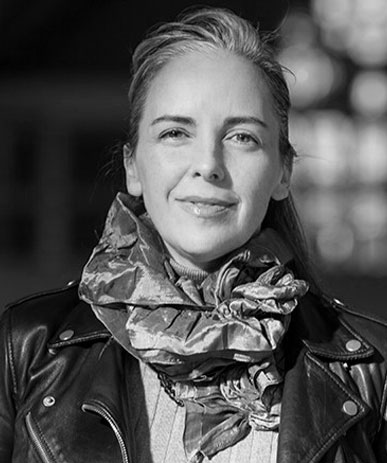
is an artist and a professor of Art History at Concordia University. Her work focuses on women and the history of the built environment, urban landscapes, research-creation, and oral history. She has published on the spatial history of the suffrage movement, public art, gardens, and the politics of urban change. In addition to her research on the spaces of restorative and transitional justice, she is leading an oral history project on the urban memories of diverse Montrealers.
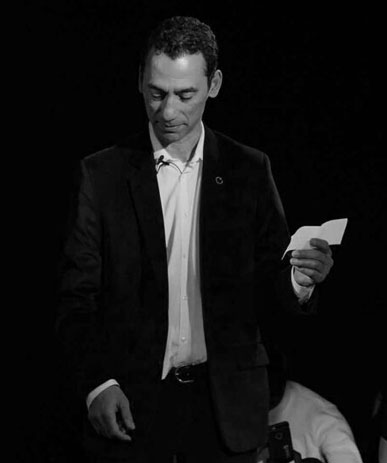
is Associate Professor in the Department of Theatre at Concordia University, Montreal (Quebec, Canada). He is also the second co-director of Concordia’s Centre for Oral History and Digital Storytelling. His latest publications explore listening in the context of post-conflict performances of memory. For instance, see ‘Facilitating voicing and listening in the context of post-conflict performances of memory. The Colombian scenario.’ In: De Nardi, S., Orange, H., et al. Routledge Handbook of Memoryscapes. Routledge: London. (2019), and his article ‘Not being able to speak is torture: performing listening to painful narratives’. International Journal of Transitional Justice, Special Issue Creative Approaches to Transitional Justice: Contributions of Arts and Culture. (March, 2020)